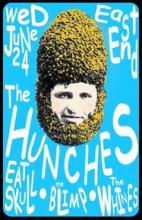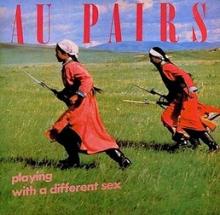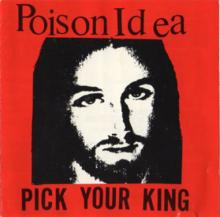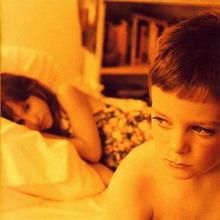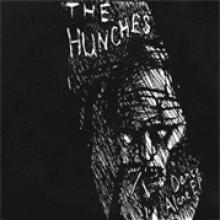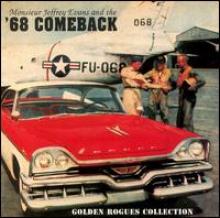The Left: '80s Rock that Doesn't Stink
The larger point – and it has nothing to do with Seattle or Minneapolis or Athens being the focal point of real rock stuff – is that there’s a slew of unheralded rock stuff from the eighties that’s only recently being given any sort of critical look because of the aforementioned understanding of history.
Maryland’s the Left probably aren’t the greatest band ever to release a few singles and disappear without more than a handful of people caring, but they were a solid unit. With equal parts punk, hardcore, hillbilly stuff and good songwriting it’s actually not too much of a surprise that these folks only lasted a short while. But even getting to hear the last few songs the band recorded – “The Viet Cong Live Next Door” specifically – one gets the sense that if the Left had lasted a bit long they may have wound up occupying roughly the same post the Meat Puppets would hold; not exactly lauded and revered forebears, but something like talented rejects. But that’s the story of innumerable other acts.
Compiled on Jesus Loves the Left, an open reference to Detroit’s the Stooges, the band’s short recorded history is all lumped together. Comprising a few singles recorded at Inner Ear studio, the same spot Dischord bands would make history, the Left display an aptitude for moving between genres and song writing style that would have made R.E.M. – or whatever other ‘young’ band at the time who would go on to stardom – seem like a bunch of hacks.
Present is the same sort of nihilism inherent in the Left’s heroes – a cover of “TV Eye” points to that. But while the Left looked up to dirty punks of years past, the band’s ability to tightly weave its talents together makes this compilation something almost worthy of pegging indispensible. Too band these guys were just some provincial rock dudes. They could have made a difference. Bummer.

